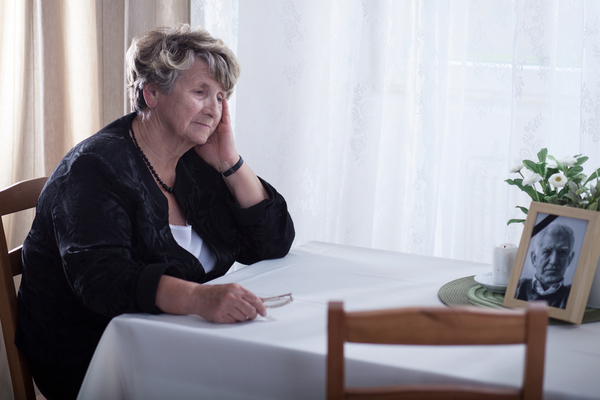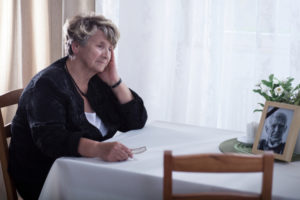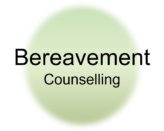My Bereavement Counselling

My Approach to Bereavement Counselling
Bereavement counselling requires a different approach from other therapies. It demands exceptional empathy, patience, and understanding. My method focuses on:
Creating a Safe Space: Everything you share with me remains confidential. This is your space to express your feelings without judgment.
Processing Complex Emotions: Grief often brings emotions that can feel confusing or even “wrong.” I help you understand that all feelings are valid parts of your journey.
Coping with Anniversaries: Anniversaries, birthdays, holidays, and other personal dates are challenging. I provide support and strategies for managing these difficult moments.
Moving Forward: While you’ll never forget your loved one, I help you find ways to carry their memory while building a meaningful life moving forward.
Getting Started
You don’t need a referral to begin bereavement counselling. Some people benefit from just a few sessions, while others find longer-term support helpful. I’m committed to providing whatever level of support you need, for as long as you need it.
If grief has triggered depression, anxiety or low self-esteem I can help you with that too, or for other health concerns, I may recommend talking to your GP about additional options.
Flexible, Ongoing Support
Life doesn’t stop after loss, and sometimes grief can resurface unexpectedly. A particular song, smell, or anniversary might trigger intense emotions months or even years later. My door remains open—whether you need regular sessions or just occasional support when grief catches you off guard.
Professional Credentials
I am a qualified member of the British Association for Counselling and Psychotherapy (MBACP) and adhere to their Ethical Framework in all aspects of my practice. My various diplomas in counselling, combined with my specialised training in bereavement and pet loss, ensure you receive the highest standard of professional care.
Understanding the Five Stages of Grief
The renowned psychiatrist Elizabeth Kübler-Ross first introduced the concept of the five stages of grief in her groundbreaking work “On Death and Dying.”
While these stages provide a framework for understanding grief, it’s important to know that not everyone experiences all stages, nor do they necessarily occur in order:
- Denial – “This can’t be happening”
- Anger – “Why is this happening to me?”
- Bargaining – “What if I had done something different?”
- Depression – “I’m too sad to do anything”
- Acceptance – “I’m at peace with what happened”
Rather than seeing these as a checklist to complete, I view them as emotional territories you might visit during your grief journey. My approach recognises that grief often creates a mental fog where thoughts and emotions become muddled, and clarity feels impossible to achieve.

Bereavement is a journey, not a destination. You don’t have to walk this path alone. Contact me today to begin your healing journey.
Call now for compassionate professional bereavement counselling.
How I help you
- Talking to someone who will listen
- Coming to terms with your life
- Understanding the grieving process
- Supporting you as your life evolves
- Considering the future
Many of my clients tell me how important it is to talk to someone who is not a family member. Especially if the deceased is a husband, wife or partner. There are aspects of your relationship you do not want to discuss with family.

What I do not do
- I do not work with children (under 17)
- Couples counselling
- I only work with one member of a family at a time
- I don't just take your money - I will tell you when I think we are done
- Pack my day with clients ....
My clients are special. I do not adhere to the “50 minute hour”, I sometimes run over the hour. I will not leave you crying at the end of a session.


